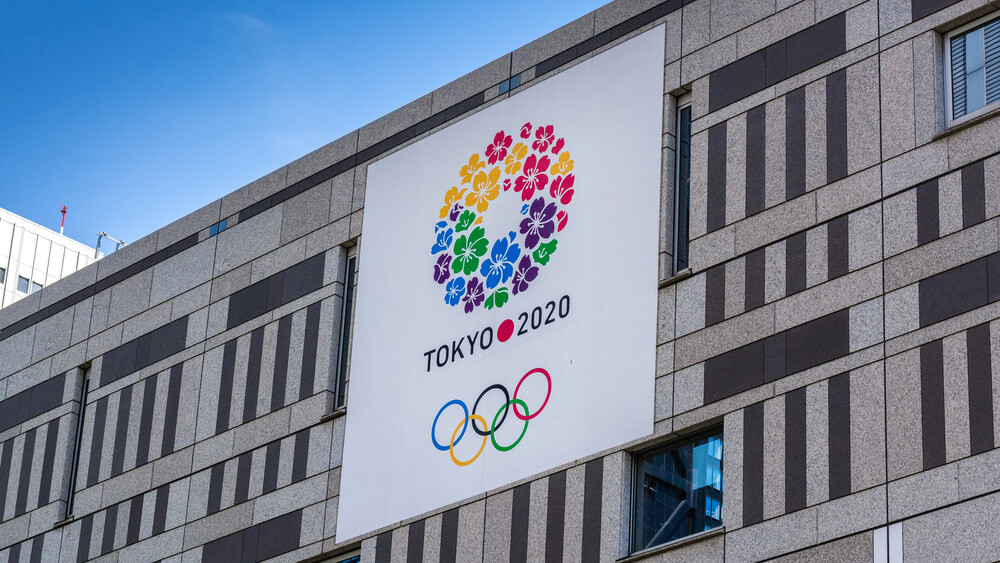Legacy, climate factors, sustainability all key as Japan gears up for Summer Olympic Games.
By Kim Benjamin, Untangled
With just under two years to go before the 2020 Summer Olympic Games kick off in Tokyo, all eyes are on how Japan’s capital is gearing up to host one of the sporting calendar’s most prestigious events, with an obvious focus on infrastructure development, sustainability, and legacy.

Shawna McKinley
Event sustainability consultant Shawna McKinley said the organising committee for the Tokyo Games has a sustainability plan that includes many expected measures as well as some new innovations.
“This plan — and its focus on climate change — is currently being tested by athletes and media who are asking if organisers are prepared to deal with heat waves [like those] that have contributed to 138 deaths and more than 70,000 hospitalisations in Japan since April,” she said. “Some of their questions are looking at whether organisers are doing enough to protect athletes from the health risks associated with competing in intense heat and humidity and how spectators are being protected.”
More fundamentally, McKinley added, in an era when severe weather and climate change increasingly complicate mega-event organisation, it raises questions about whether the International Olympic Committee should apply more scrutiny to a host city’s suitability from a climate/severe weather perspective before a destination is selected. For example, will there be enough snow, are temperatures expected to be suitable for competition, and what are the cost implications of adaptations that may be necessary to cope with climate change impact?

Lisa Hopkins
Lisa Hopkins, managing director Asia Pacific at BCD Meetings & Events, said Tokyo is investing heavily to ensure its Olympics and city become top of mind on a global stage.
“While the short-term return is always on the athletes and audience attending the Games, the long-term and often more important, and intrinsic value is on the use of the infrastructure, venues, installations, and investment for the city, its people, and visitors,” she said. “Typically the most heart-stopping moments centre around stadium readiness; indications so far show that things are moving nicely.”
She added that Tokyo is looking into issues such as traffic movement, supplementary accommodation, and the opportunity to make the city an even more accessible destination for visitors.
In terms of Olympics infrastructure, experience is mixed. Vancouver has made good use of facilities created for the Games it hosted, while other cities have been less successful. Tokyo’s efforts at present are said to look promising.
“Some of the big-ticket items they are talking about include a rail connection between Haneda Airport and the Tokyo Rail Station which will cut travel time in half,” Hopkins said. “Narita [International] Airport will also be connected, offering visitors during the Olympics and future visitors to the city quick access to the beating heart of the metropolis. Another feature, as a direct result of hosting the Games, is that more signage will be in English, increasing accessibility for visitors to Tokyo. Stadia will be upgraded for the Games and for future large-scale sporting events, but this will also serve the sports-loving communities within Japan itself.”

